
Photo taken on July 14, 2020 shows the Golden Bauhinia Square in Hong Kong. (Photo/Xinhua)
Central government and Hong Kong Special Administrative Region officials have strongly opposed the British government's interference in a national security case involving former media tycoon Jimmy Lai Chee-ying and the false allegations and criticisms made against the SAR government.
According to media reports, Lai's purported "international legal team" had earlier requested, in a letter to the UK prime minister, an urgent meeting to discuss potential ways to secure the release of Lai, who has been remanded to custody pending trial.
It is also reported that UK Minister of State Anne-Marie Trevelyan met on Monday with Lai's "legal team". During the meeting, it was revealed that the UK authorities had been providing support to Lai. They also falsely alleged that the Hong Kong SAR government targeted certain individuals, including Lai.
Lai faces four charges in Hong Kong, including colluding with foreign forces to endanger national security. A trial date has been set for Sept 25.
A spokesperson for the Commissioner's Office of the Ministry of Foreign Affairs in the Hong Kong Special Administrative Region said on Wednesday that Lai's purported "international legal team" and the British officials vilified the law-based administration of the Hong Kong SAR government and tried to whitewash anti-China forces in the SAR and damage the city's rule of law and judicial independence.
The spokesperson said the British side turned a blind eye to disruptive acts of Lai and the stability of Hong Kong under the National Security Law, and it made false allegations and criticisms against the SAR government. Their political plot to interfere in China's internal affairs by colluding with anti-China forces in the Hong Kong SAR is doomed to fail, said the spokesperson.
The spokesperson added that the facts and evidence of Lai's case are clear, and Hong Kong courts will reach a fair verdict.
The Hong Kong government said on Wednesday that the SAR's judicial system has always been highly regarded by the international community. Any country, organization or individual attempting to interfere in the city's judicial proceedings, or any defendant attempting to collude with foreign forces to evade justice is blatantly undermining the rule of law of Hong Kong.
Senior Counsel Ronny Tong Ka-wah said Lai's actions indirectly substantiated the accusation that he colluded with foreign forces to endanger national security and also revealed his intention to politicize the trial.
Tong condemned Lai's decision to seek assistance from foreign forces to interfere in Hong Kong's judicial system, which he said was a challenge to the city's judicial independence and judges' professionalism. It also proved that the National People's Congress Standing Committee's interpretation of the National Security Law for Hong Kong is necessary, he added.
The SAR's top court — the Court of Final Appeal — had allowed Lai to hire London-based barrister Timothy Owen to defend him in his national security case.
Hong Kong Chief Executive John Lee Ka-chiu later requested that the NPC Standing Committee clarify whether overseas lawyers who are not qualified to generally practice in the SAR can be engaged in national security cases.
On Dec 30, the NPC Standing Committee adopted an interpretation of Articles 14 and 47 of National Security Law for Hong Kong, further clarifying the duties of the Hong Kong SAR's Committee for Safeguarding National Security and its chief executive.
It mentioned that under Article 47 of the law, Hong Kong courts must obtain a certificate from the chief executive to certify whether an act involves national security or whether evidence involves State secrets when such questions arise in trials. The potential national security risks brought by overseas lawyers in national security cases also fall within the scope of Article 47, according to the interpretation.








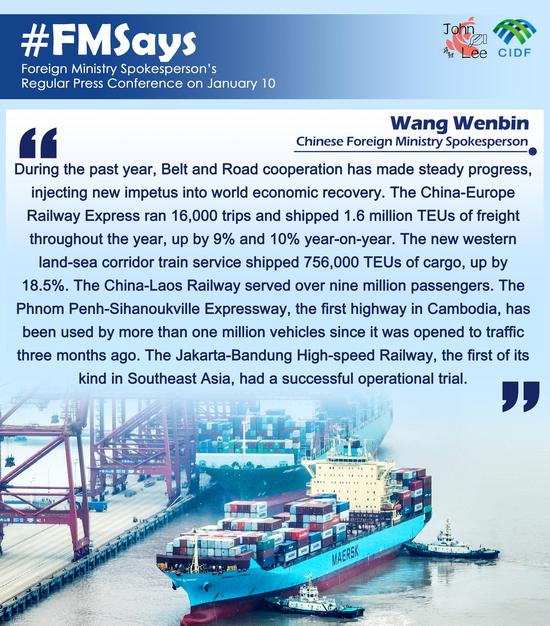
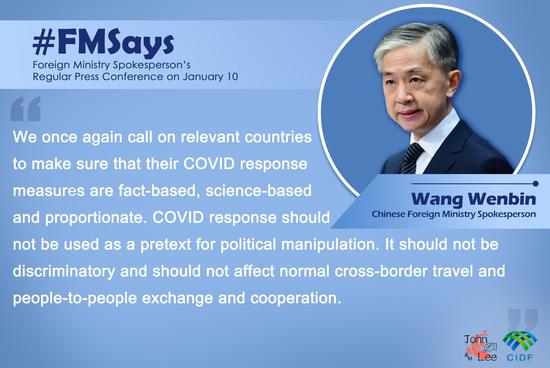
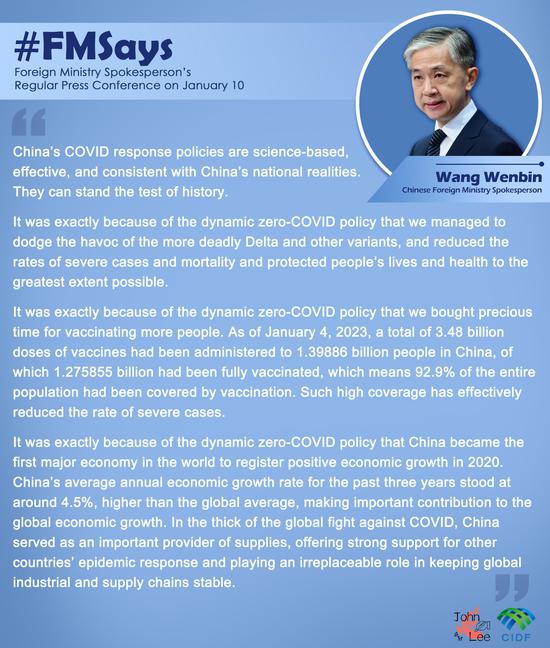
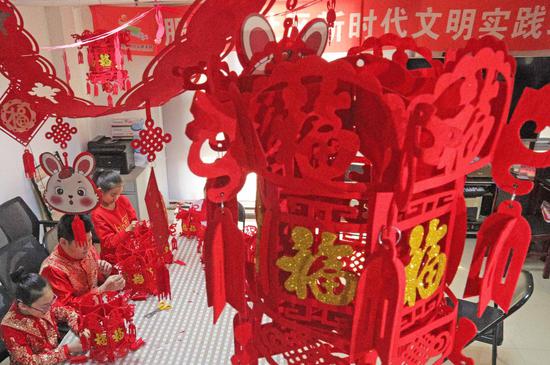
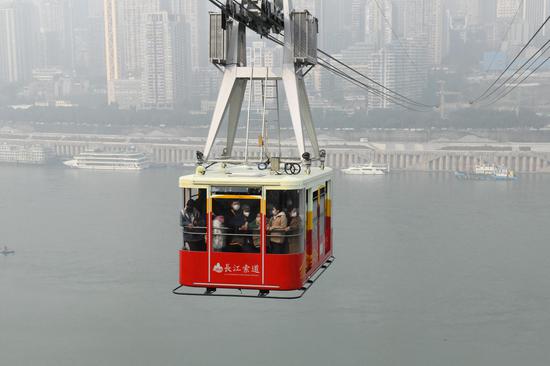
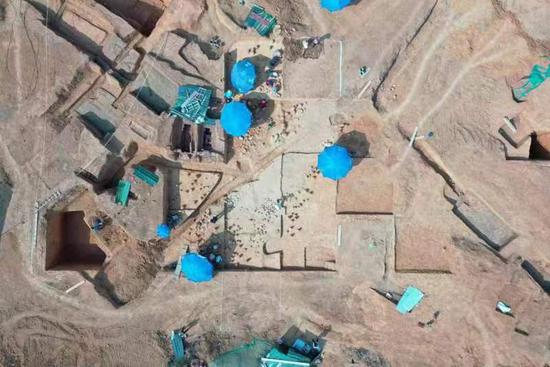
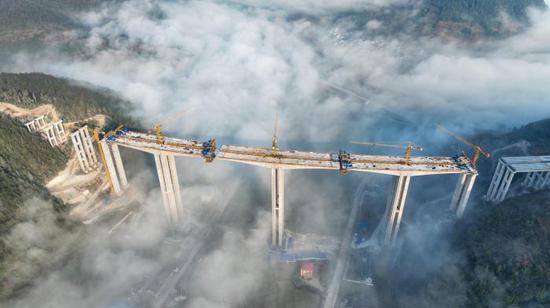
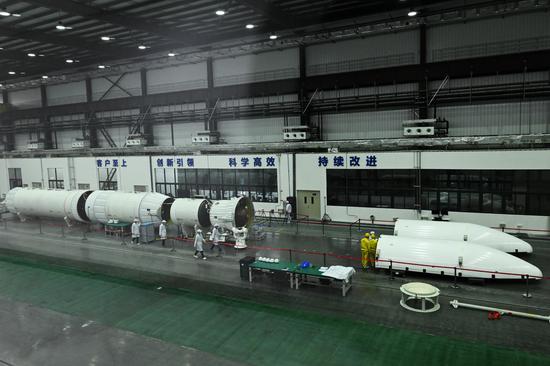
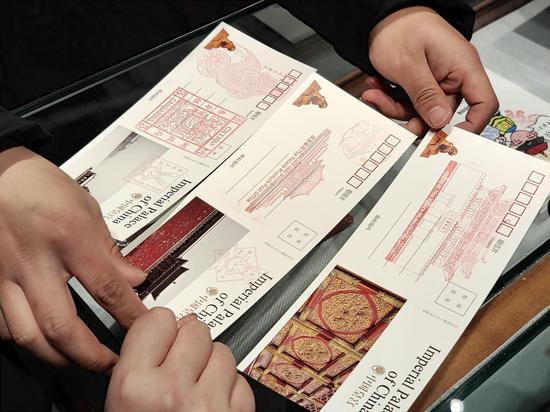

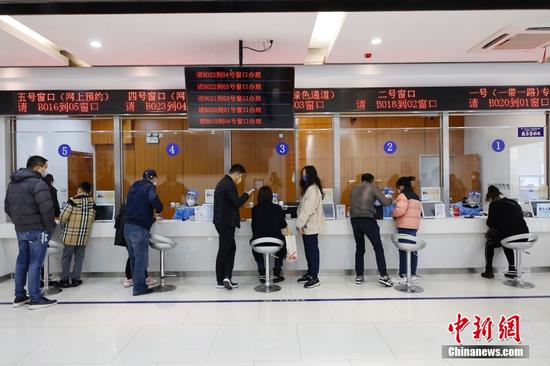
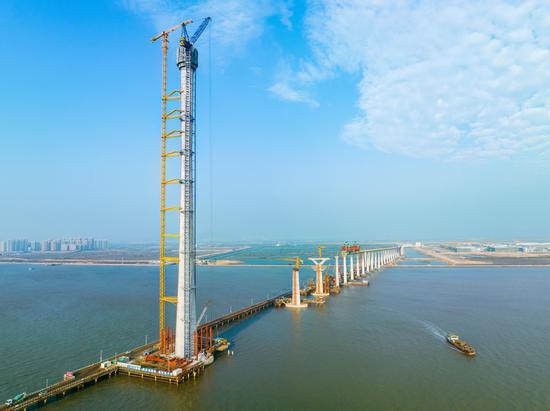

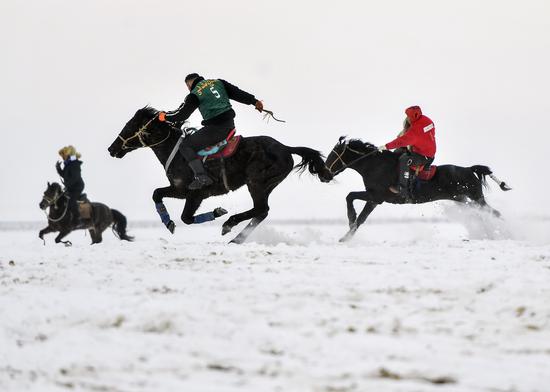
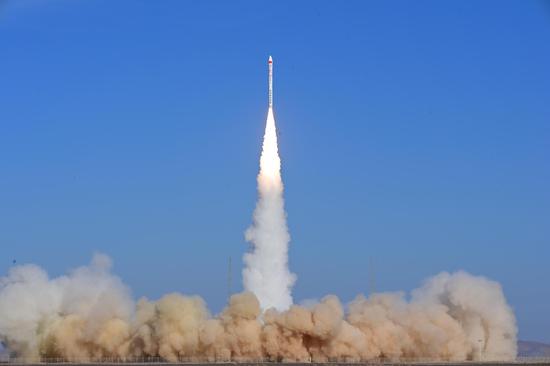
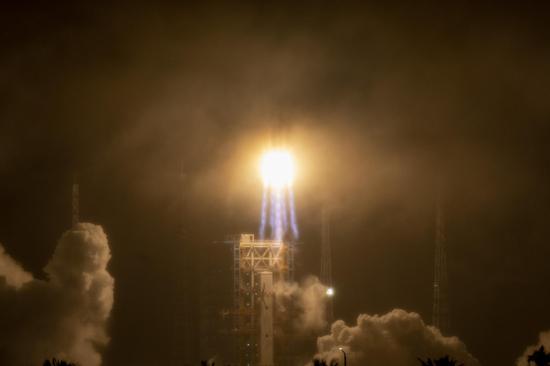
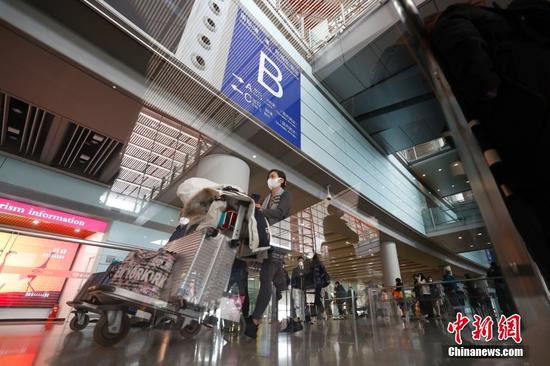
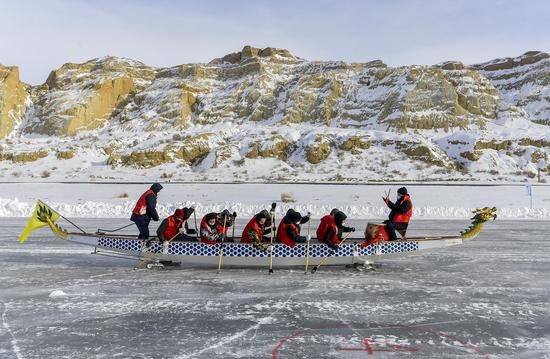
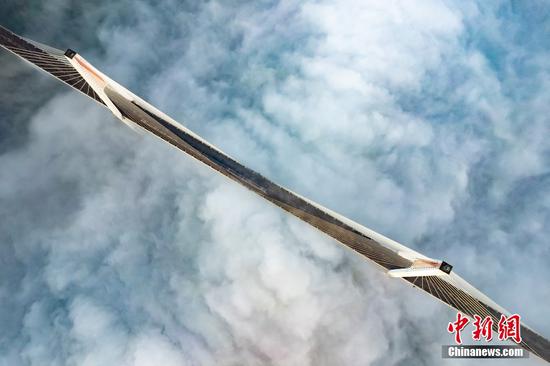
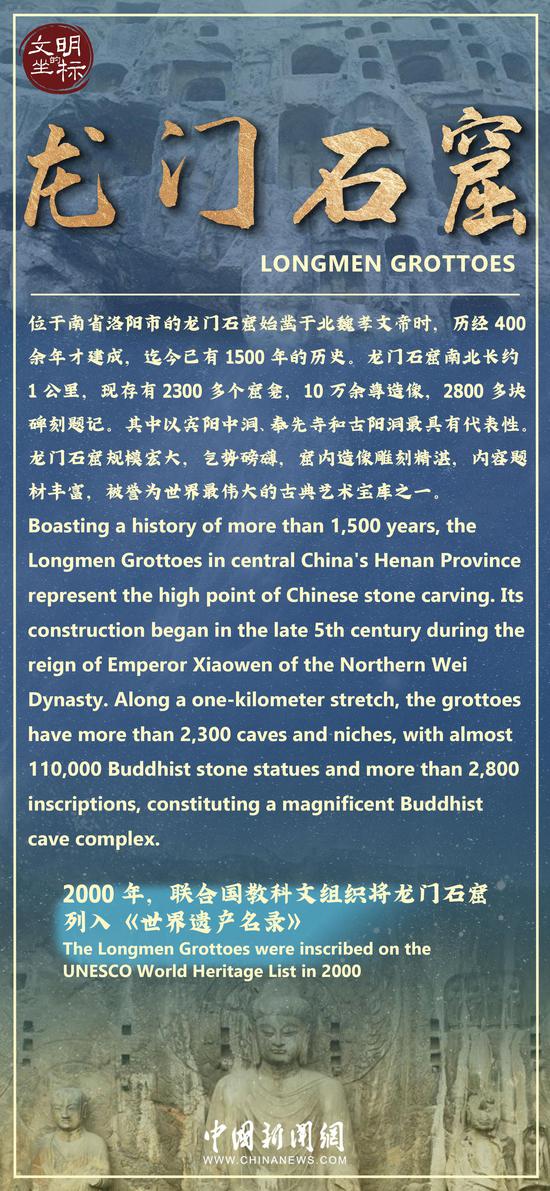
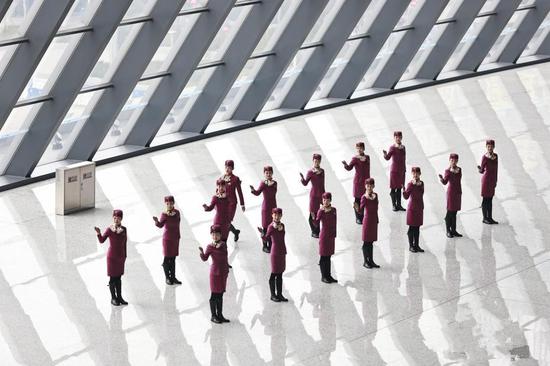
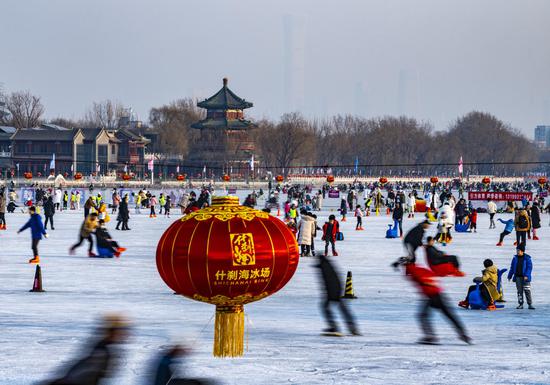
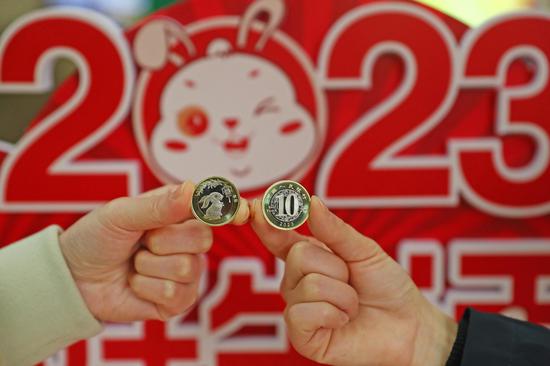
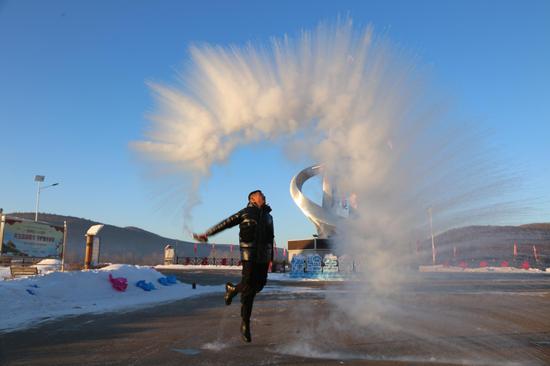
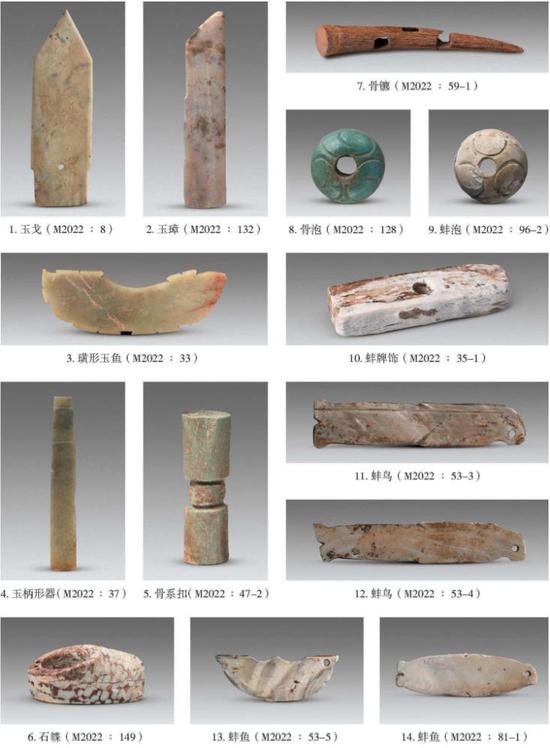

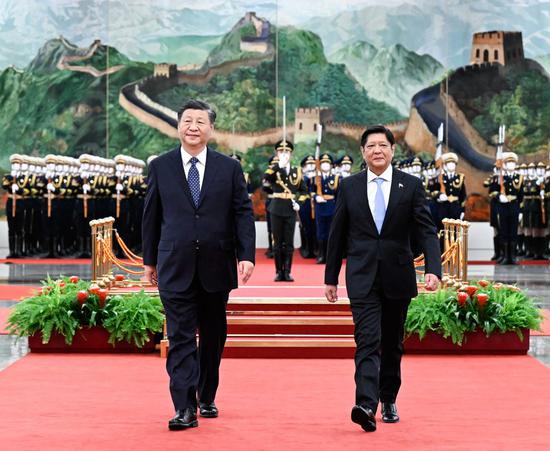
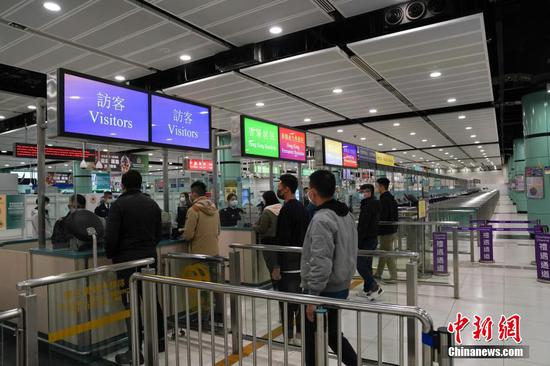
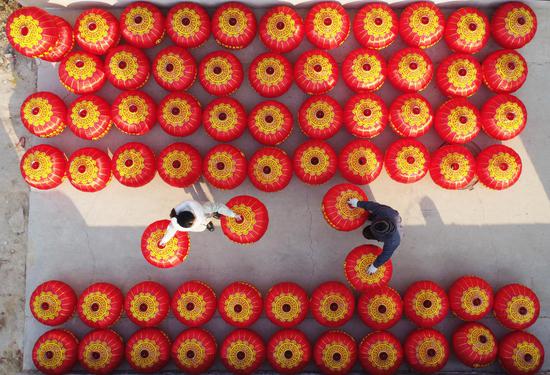
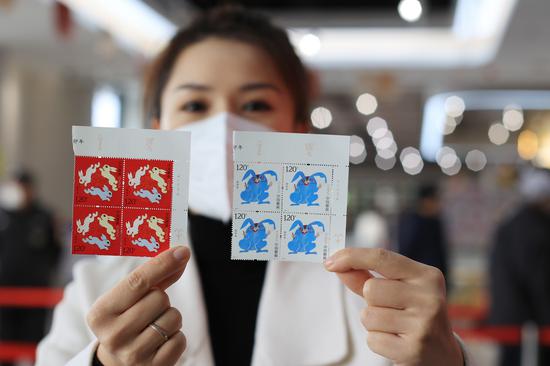
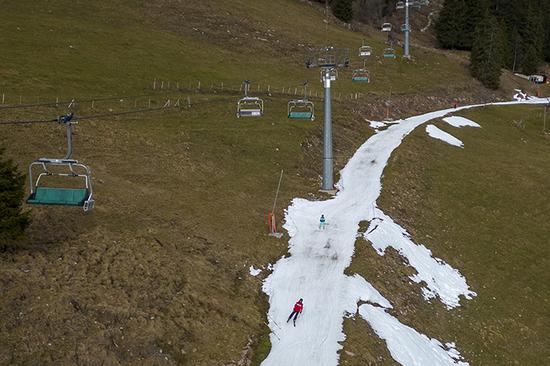
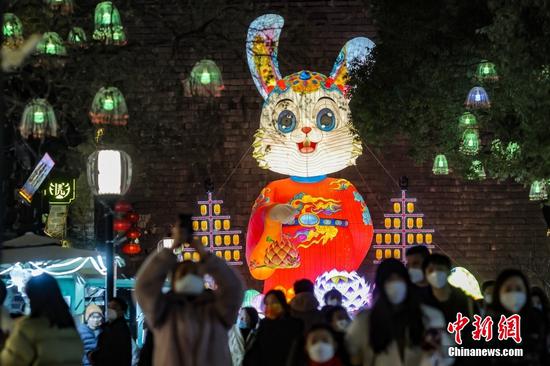
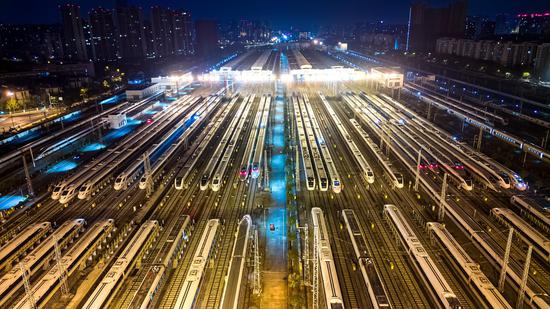
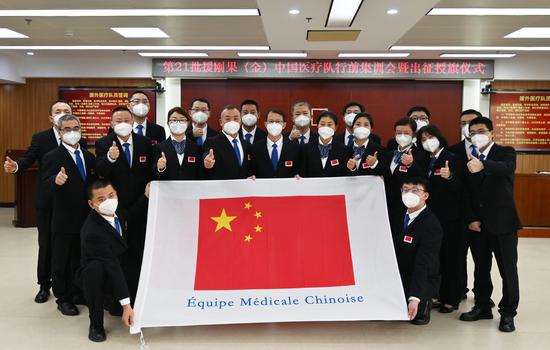
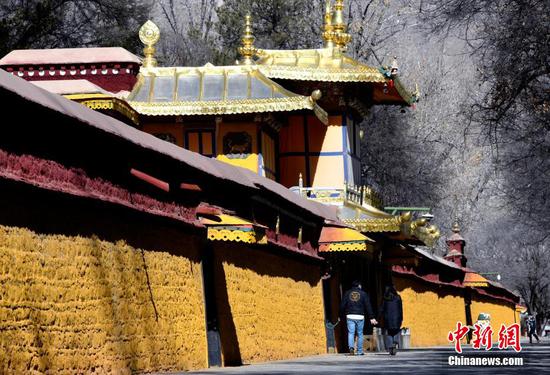
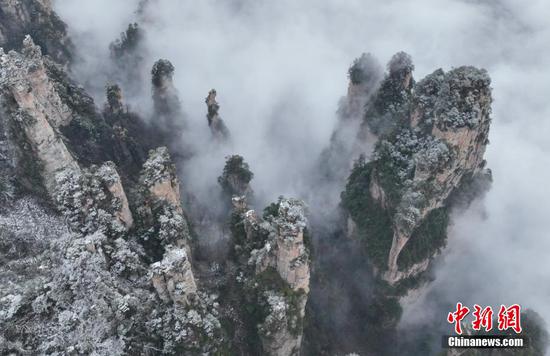
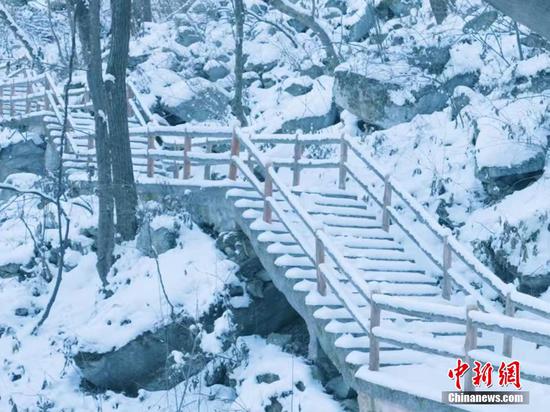





 京公网安备 11010202009201号
京公网安备 11010202009201号